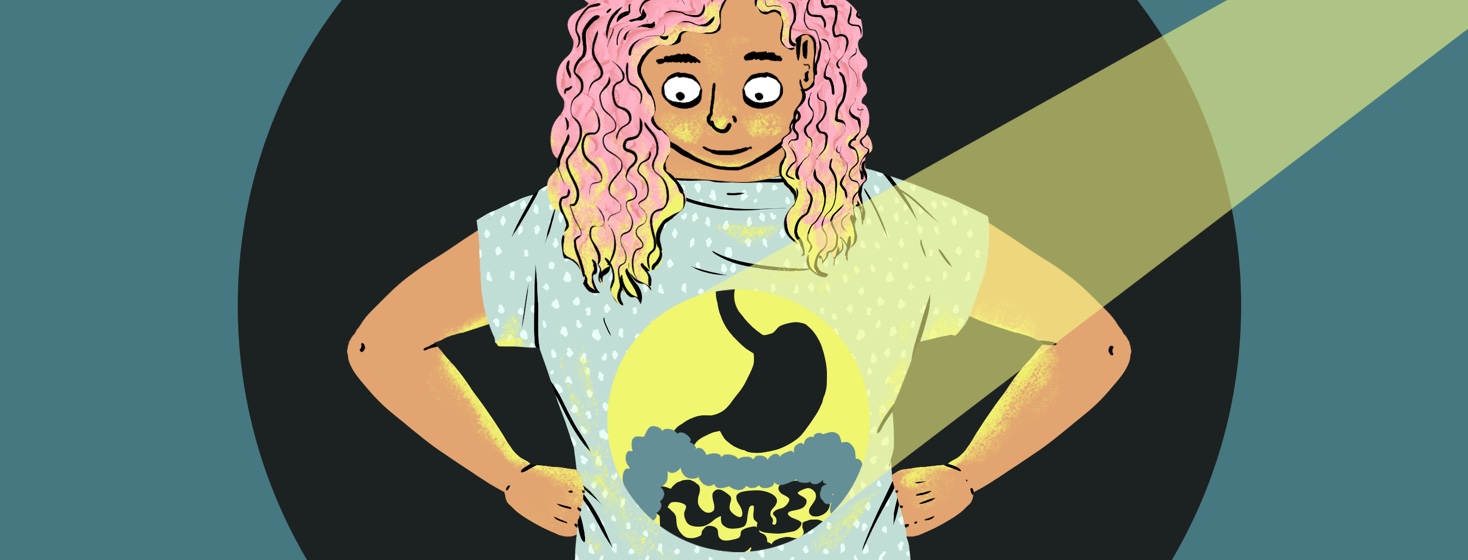What is an Endoscopy?
Many (if not most) IBS patients usually come to their diagnoses as a process of elimination when doctors screen out for other possible disorders or illnesses such as inflammatory bowel disease. Such tests usually eventually will include a colonoscopy. However, many with IBS may also have an endoscopy, as IBS symptoms also tend to sometimes impact the upper digestive system and/or because IBS patients also tend to suffer from other suspected stomach ailments, like ulcers and gastritis.
My endoscopy history
Because I have also had GERD much of my adult life as well as IBS, I have had several endoscopies – a total of three – which all have occurred in a little over a decade's time. I might likely have another one in the not-so-distant future. I had my first one in graduate school (2008) where nothing was found. I had the subsequent ones in 2011 and again in 2014, where both times they discovered gastritis (which is an inflammation of the stomach lining).
While my GERD, on the whole, had been much better than it used to be these past several years, my symptoms have been flaring more lately, which makes me think it's time to see a gastroenterologist once more.
What happens during and after an endoscopy?
For an endoscopy, usually, a person needs to start fasting the evening before continuing into the morning of it. Then when you go in, the doctor injects you with something that – while it doesn't completely anesthetize you – does make you very sleepy and woozy. I think one time I was put under completely, while the other two I was in a state of "twilight sleep." Two of the times I remember really nothing after the IV went in my arm. Once, I clearly remember them putting a swab in my throat of a tooth-paste-tasting cream that numbed my throat. The beginning of the tube was put in before things got blurry.
The after-effects vary as well. I remember one time getting home and being so exhausted I simply passed out for the rest of the day and night and not eating at all till the following day. But the other two times I remember I did eat a light meal for dinner and felt well enough to shower, though I was still groggy. I often had a sore throat afterward.
Another endoscopy in my future...
The reason I might also have another endoscopy is that I suspect I have MCAS (which I've written about here before) and it's often contraindicated with Ehlers Danlos Syndrome (which I also have) and is often a culprit in digestive issues – both upper and lower and so may play a role in both my GERD and my IBS. It's difficult to diagnose MCAS and emerging research indicates endoscopy may be one of the best ways. This may help me better explain my digestive issues if it is true I have it and help me better manage it for the future.
I'm not necessarily looking forward to it, but I think if I can get some more answers about my conditions with my next endoscopy, that will be welcome and I am grateful we have these diagnostic tools available to us.
Have you ever had an endoscopy? If so, did they find anything and what was your experience like? Please answer in the comments section below!

Join the conversation